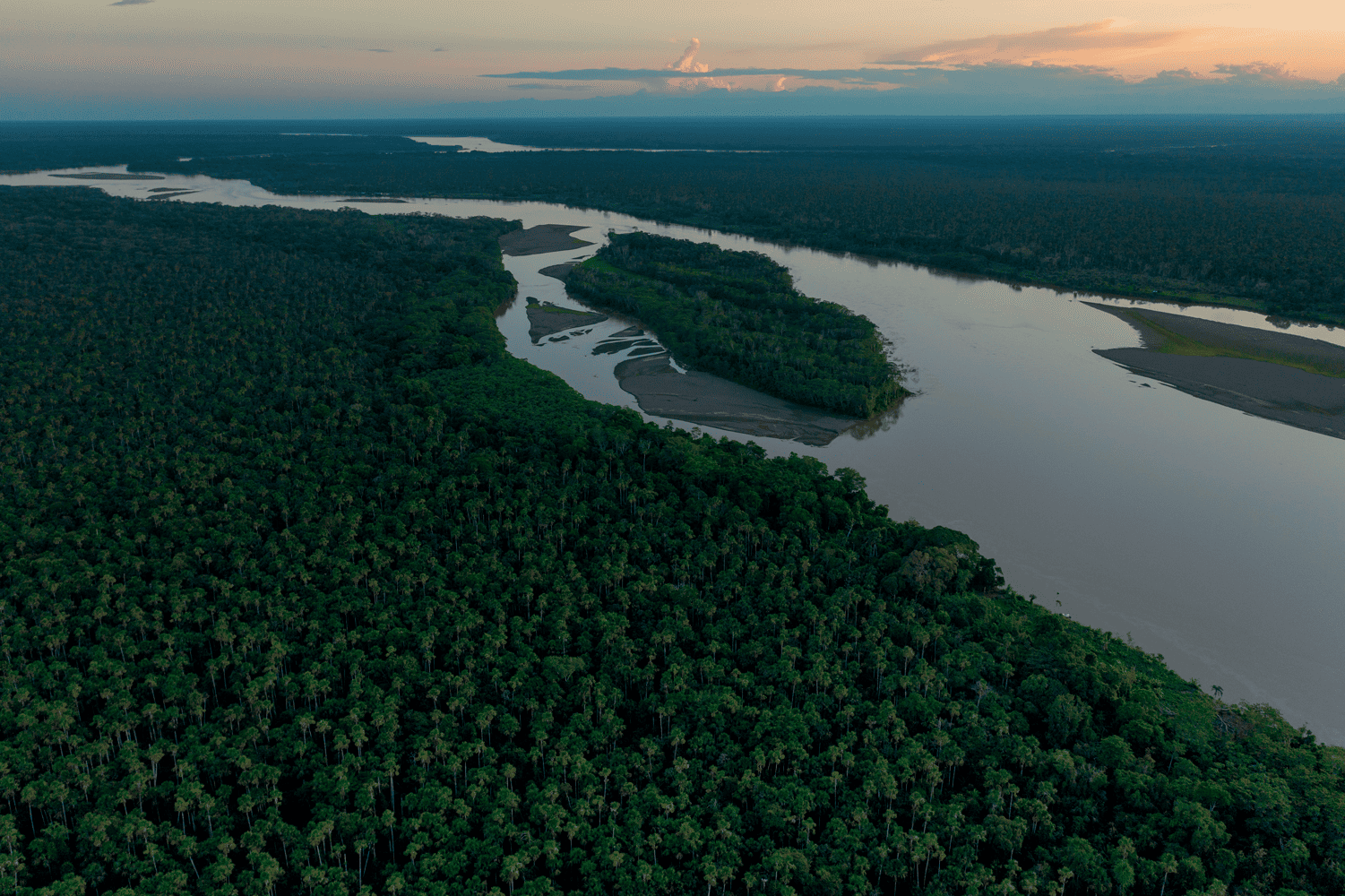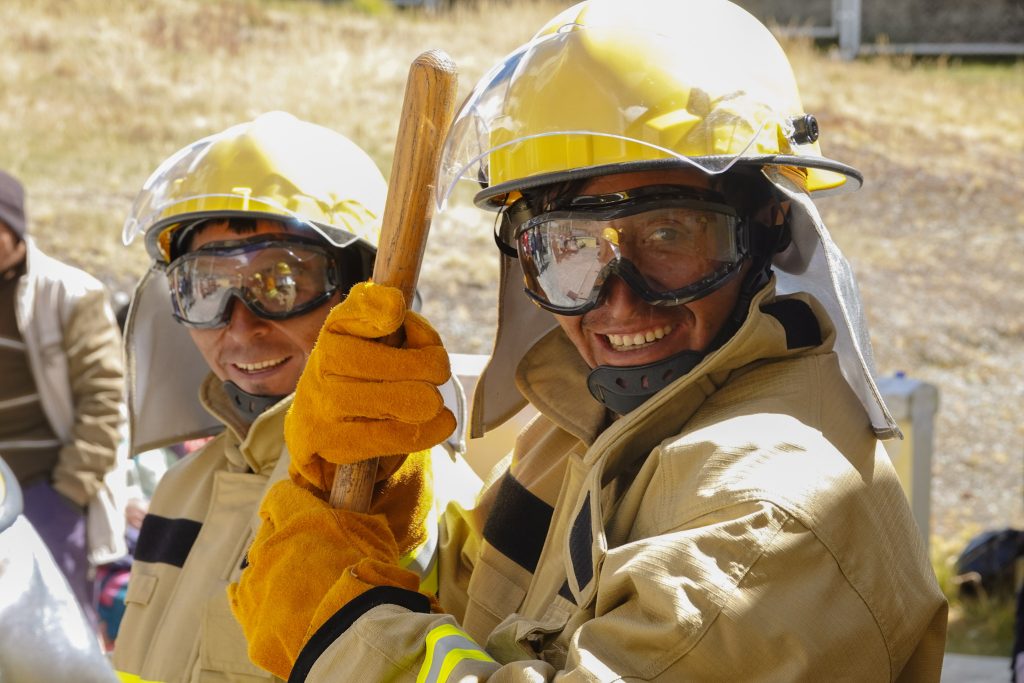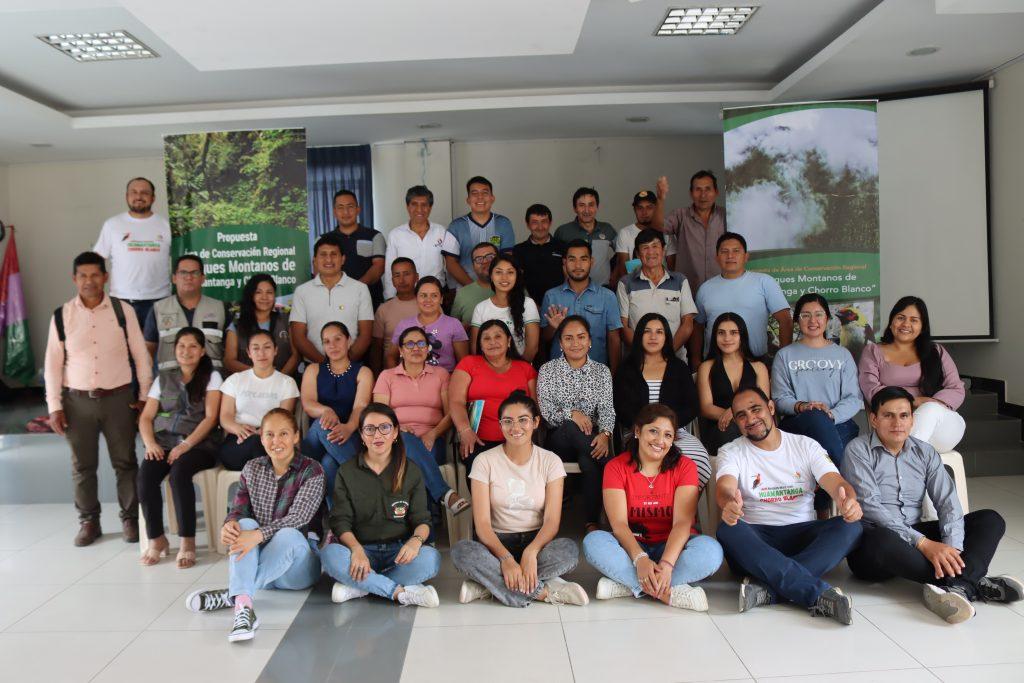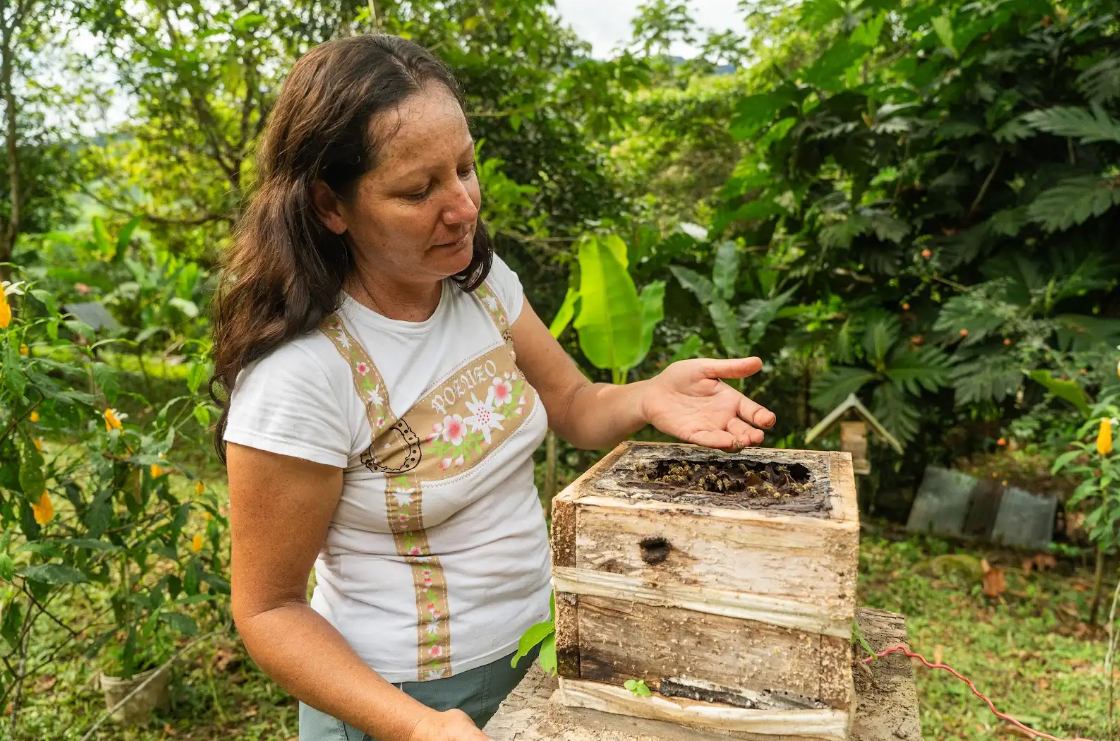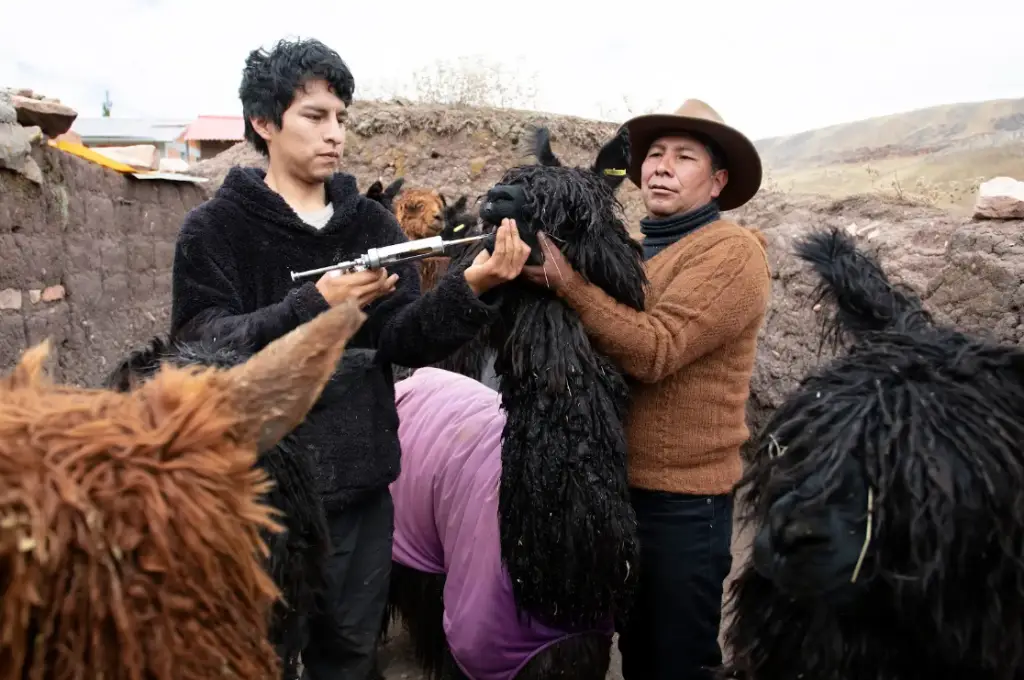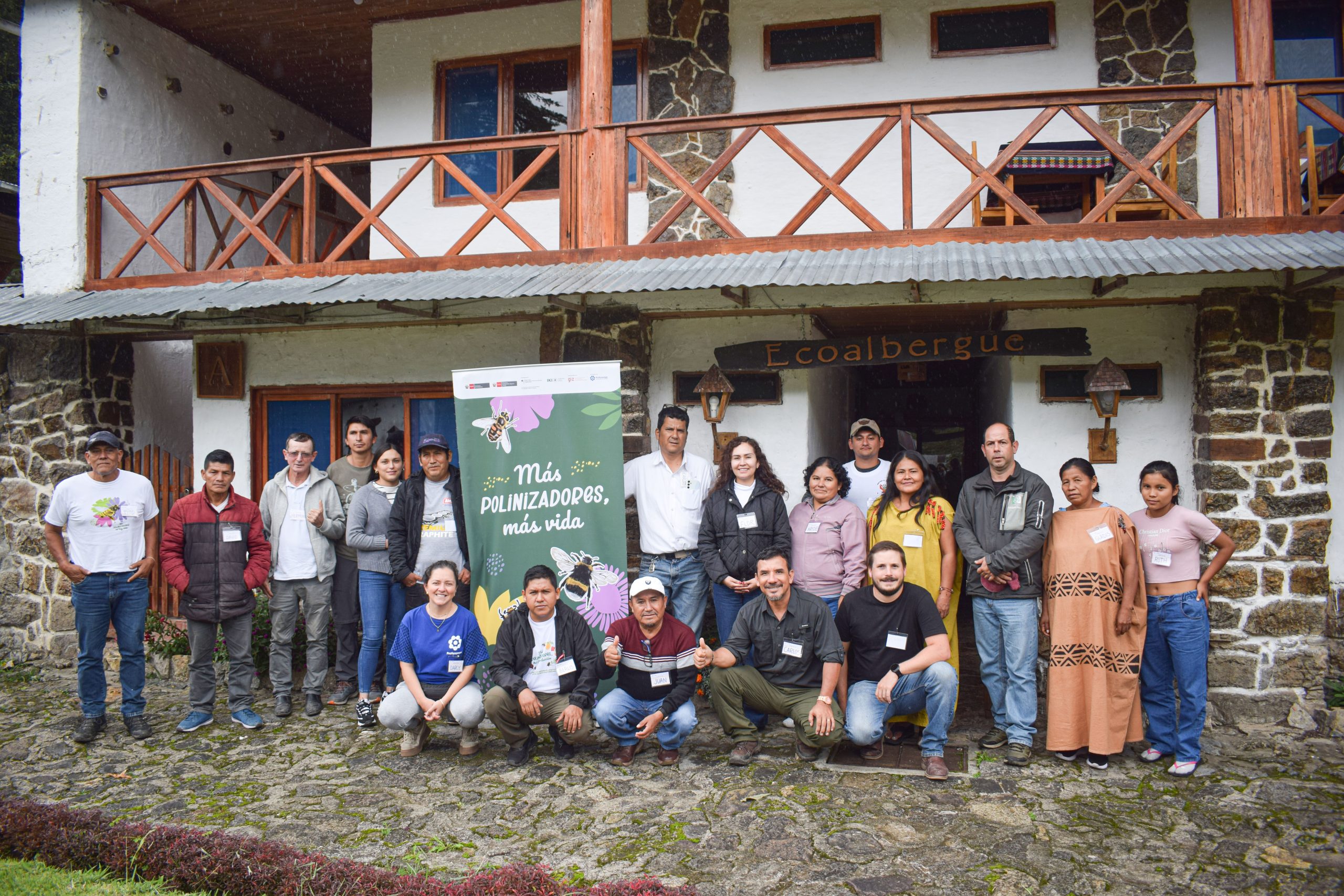Lima, April 2024. One of the most valuable Ramsar sites in Peru and the world is the Pastaza River Fan Wetland Complex, an ecosystem whose conservation is of national interest and which already has a roadmap that will strengthen its management and conservation. To this end, the Regional Government of Loreto and the Ministry of the Environment, with the technical support of the “Amazonian Forests – ASL2” project, established key actions to promote their conservation, within the framework of national regulations and the Ramsar Convention.
The technical support provided by the “Amazonian Forests – ASL2” project will enable the establishment of protection mechanisms for the peatlands and other relevant ecosystems of Abanico del Pastaza, which are facing increasing pressures and threats.
“Abanico del Pastaza is a set of key ecosystems whose conservation contributes to the long-term care of the Peruvian Amazon in the face of climate change. From the Amazonian Forests – ASL2 project, we seek to contribute to the adoption of mitigation measures and preserve carbon stocks for the benefit of local communities and their ecosystems,” said Jorge Elliot, technical coordinator of the project.
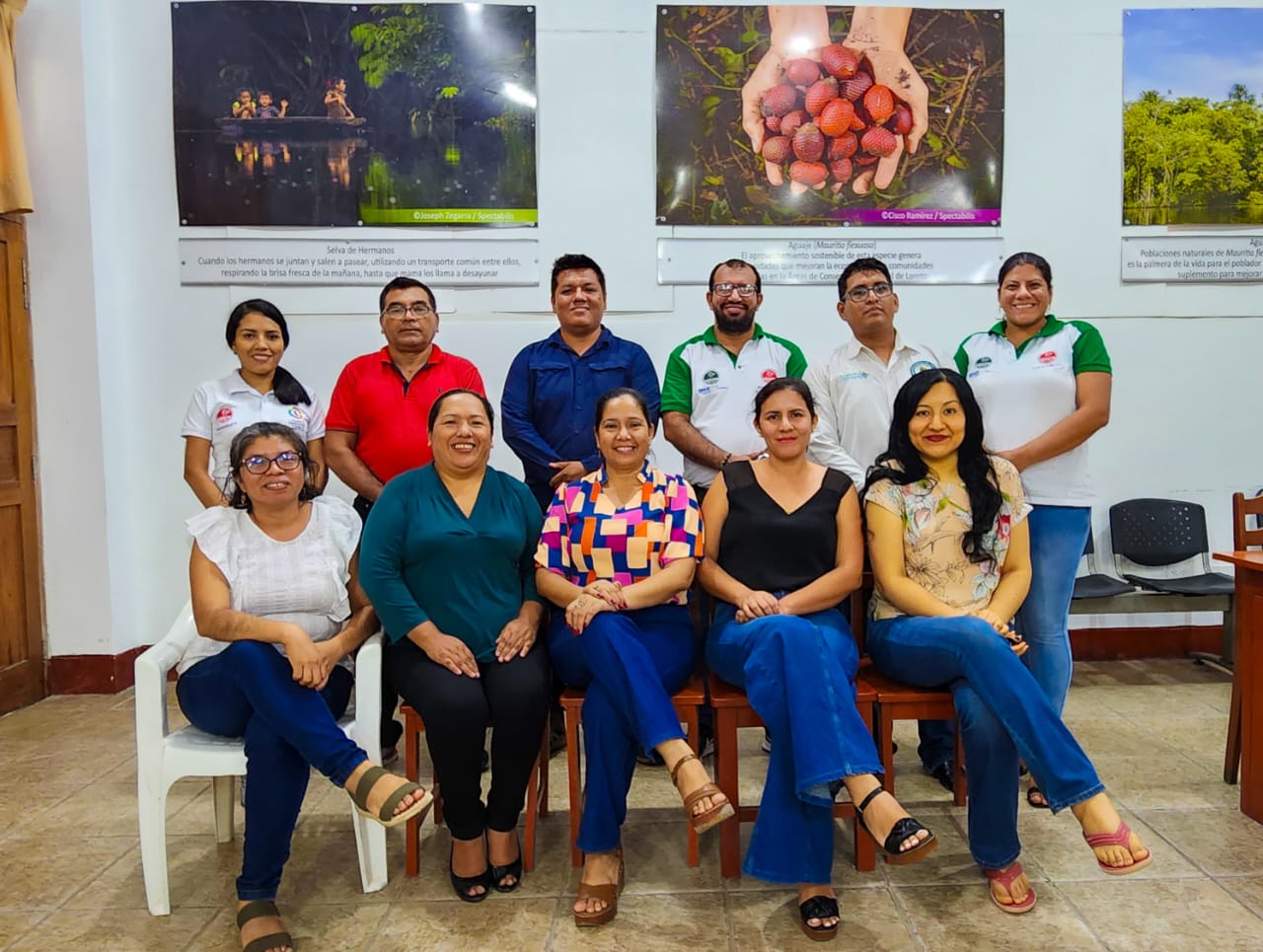
The effective conservation of Abanico del Pastaza is of vital importance due to its high carbon sequestration capacity, which contributes to mitigating the effects of climate change. Its ecosystem is characterized by large extensions of swamps, lakes and alluvial plains covering more than 3.8 million hectares, which allows it to store more than 3 billion tons of carbon, equivalent to the accumulation of 62 years of annual emissions from human activities in Peru.
In this sense, the knowledge and experience generated in the area by the Datem Wetlands project of Profonanpe, Peru’s environmental fund, represents a valuable precedent in the relationship with local communities and the management and promotion of bio-businesses.
These actions will support the implementation of the Roadmap for the management of the Ramsar site, which will now focus on governance, through the creation of a participatory body for its management, considering its extension and variety of stakeholders.
Another of the actions foreseen in the aforementioned roadmap consists of strengthening the capacities of key actors in the Ramsar site and the subsequent development of the management instrument that will ensure its sustainability. This process will be led by the Regional Government of Loreto and is expected to be operational by the end of this year with the support of MINAM and the technical support of the “Amazonian Forests – ASL2” project.
About the “Amazonian Forests – ASL2” project
Seeks to promote the conservation of healthy, functional and climate change resilient forests and wetlands; maintaining important carbon stocks, avoiding Greenhouse Gas (GHG) emissions and generating sustainable and resilient local livelihoods.
This initiative is executed by the Ministry of the Environment – MINAM, with financing from the Global Environment Facility – GEF; and has the support of the Food and Agriculture Organization of the United Nations – FAO, the International Fund for Agricultural Development – IFAD, the United Nations Industrial Development Organization – UNIDO and Profonanpe.


